‘Future generations must be saved from debt burden’
[ad_1]
Sovereign debts are designed as a vehicle for accelerated national development. However, that has not been the Nigerian experience as the country seems to sink deeper into economic crises with every loan taken. At a one-day forum organised by Civil Society Legislative Advocacy Centre (CISLAC), with support from Christian Aid (CA), the outcome of a research on the role of private creditors in Nigeria’s debt crisis was analysed. SULAIMON OLANREWAJU reports.
ON July 25, 2005, Nigeria got a debt relief that brought its indebtedness to other countries to almost nothing. However, less than two decades after, the country is neck-deep in debts again. According to the Debt Management Office (DMO), the country’s total debt stock as of June 30, 2022 stood at N42.84 trillion (USD103.31 billion). One of the immediate effects of this mounting debt is the allocation of a substantial part of the nation’s earnings to debt servicing. This has gotten so bad that the cost of debt servicing surpassed Federal Government’s retained revenue by N310 billion in the first four months of this year.
According to Zainab Ahmed, Finance, Budget and National Planning Minister, “The actual spending as of April 31st was N4.72 trillion. Of this amount, N1.94 trillion was for debt service, and N1.26 trillion was for personnel costs, including pensions… As of April 2022, FGN’s retained revenue was only N1.63 trillion, 49 per cent of the prorata target of N3.32 trillion.”
Bothered and burdened by the rising national debt and its consequences for the country and the people, the Civil Society Legislative Advocacy Centre (CISLAC) with support from Christian Aid Nigeria embarked on a one-year research with a view to finding a solution to the problem. The research findings were presented to journalists on Friday December 2, 2022, in Lagos where stakeholders unanimously submitted that for governments to desist from borrowing, it will have to embark on capital expenditure that will promote GDP and also maintain a realistic debt management model to help improve debt sustainability and fiscal prudence.
While delivering his opening remarks, Executive Director, Civil Society Legislative Advocacy Center, (CISLAC), Auwal Musa Rafsanjani, who spoke virtually via zoom, said the research became necessary because as Nigerians, “we can’t allow the government to put us into perpetual poverty because we have an analogue government that is too lazy to invest in human capital.”
He added that the advocacy journey by CISLAC with support from Christian Aid became imperative because it would help prevent future generations from debt burden.
According to him, “We find today’s engagement crucial to amplifying the interests of the 130 million multi-dimensionally poor Nigerians, as well as a huge percentage of those who sit above the poverty line, whose lives, livelihoods and future are being impacted by gross lack of adequate investment in critical social sectors and the growing threats of climate change.
“As we all know, Nigeria is presently in a debt crisis, with a fiscal deficit well above the statutory threshold of 3 per cent, an increasingly unsustainable debt profile, a rising cost of debt servicing worsened by the rising interest rates, and socio-economic investments sacrificed at that expense. Government patronage of private creditors is plunging Nigeria into a debt burden and impeding physical development.”
While highlighting the series of collaborations his organizations had embarked on, The CISLAC boss said his organization had embarked on, Rafsanjani said, “These include a research commissioned to fully highlight the Nigerian context and dimensions of the indebtedness to private creditors for policy options and deliberate efforts to ending it as well as a policy roundtable on the modality for setting a debt limit as a veritable mechanism for providing the parameter for checks and control of the debt stockpile of all the tiers of Government and ultimately avert a national public debt crises of bankruptcy proportions.
“As we share the findings of this research today, we hope that it contributes to protecting the interests of present and future generations by spurring present and incoming governments in Nigeria to commit to and take urgent actions to salvage the country from the current and impending economic throes.”
ALSO READ FROM NIGERIAN TRIBUNE
Speaking in a similar vein, the Head of Programmes, Christian Aid Nigeria, Victor Arokoyo, said if the government continued to borrow irresponsibly, it would have negative impact on future generations.
He added, “We support CISLAC on the research to know where they are borrowing the money from and what the money is being used for.”
Arokoyo said Action Aid Nigeria believes that poverty is not a product of nature but of a systemic manipulation of the economic system skewed against some people which makes them to be poor.
“In line with our economic justice as well as social and political justice, we are part of the tax justice and political platform in Nigeria. One of the things we are doing around that governance platform is campaign for private creditors to begin to see the need not to give Nigeria loans again because their loan is costing government the ability not to respond to public services.
“More money is spent on servicing debt compared to what is spent on education and health. And then, our debt and revenue ratio, you can see that we are borrowing now to pay debt. I borrow Mr. A’s money, I can no longer pay. I will go and borrow from B to pay A. For instance, foreign exchange volatility has been contributing to the rise in foreign exchange debt, thus, higher debt burden results from constant depreciation of local currency.
“So, there is no wisdom in it and there are other sources from which we can get money to address this. Particularly, what government is currently doing is against the law.
“The law prescribes the kind of loan you can take and where you can take it from. What government is doing now is to go outside that legal framework to collect loan anywhere the money is available and then put the country in serious debt burden.
“So, we are interested in widening the knowledge of citizens about this issue and possibly for citizens to demand from the government the need to look inward. Let us have some period of pains now so that we can have gains tomorrow, rather than have gains now and our children will have pains tomorrow.”
While making his presentation on the FORGE research findings, an evidence based research on the role of private debtors in Nigeria’s debt crisis, Research Consultant, Botti Isaac, explained the problems with patronising private creditors, the evils doing so foists on a nation of Nigeria’s stature and why, despite the gains of accessibility of it Nigeria has remained at the same point, neither being able to meet its obligations nor move forward.
Noting that the loan problem is not just by the Federal Government alone but also the 36 states of the federation, Isaac said the major issue is because the legal framework guiding borrowing in the country does not support doing so outside of multi-lateral and bi-lateral arrangement. He, however, faulted the requirements for accessing loan by the private creditors, which make it easy for government to take, but insisted that, as civil society groups and media organisations, they would continue to talk until the right thing will be done to save the soul of Nigeria from burden of such debts.
“We need to be concerned because most of the loans and their private creditors are not known to the public. The law is that loan can be taken from multilateral, bilateral and at a conventional interest rate.
“We also need to be concerned because it is difficult to understand the terms and conditions under which these loans are obtained, which is not the case if they were taken from the sources approved within the legal framework for borrowing.
“We need to be concerned because, despite that we borrow, we are still unable to meet our obligations,” adding that the problem is because some people just wake up and want nothing more or less than taking loan.
“Parameter for checks and control of the debt stockpile of all the tiers of government and ultimately avert a national public debt crisis of bankruptcy proportions must be instituted and respected.”
At end of the media engagement, recommendations were made that the government must embark on ventures that would boost its revenue generation, reduce reliance on borrowing from the international capital market, maintain a realistic debt management model to help improve debt sustainability and fiscal prudence, improve public borrowing transparency and accountability, strengthen the foreign exchange policy to reduce the impact of volatility on loan repayment, strengthen legislative review approval processes to ensure that only concessional loans are approved and to establish an independent committee that comprises CSOs representatives, the auditor general office, the Ministry of Finance and the DMO to carry out independent review of all future loan requests with the view to determining their variability and importance.
[ad_2]
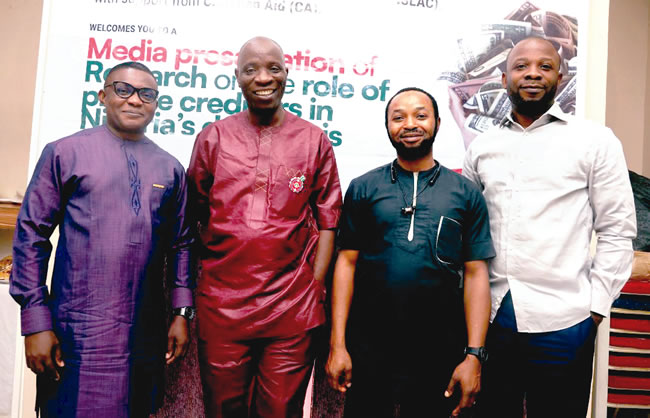

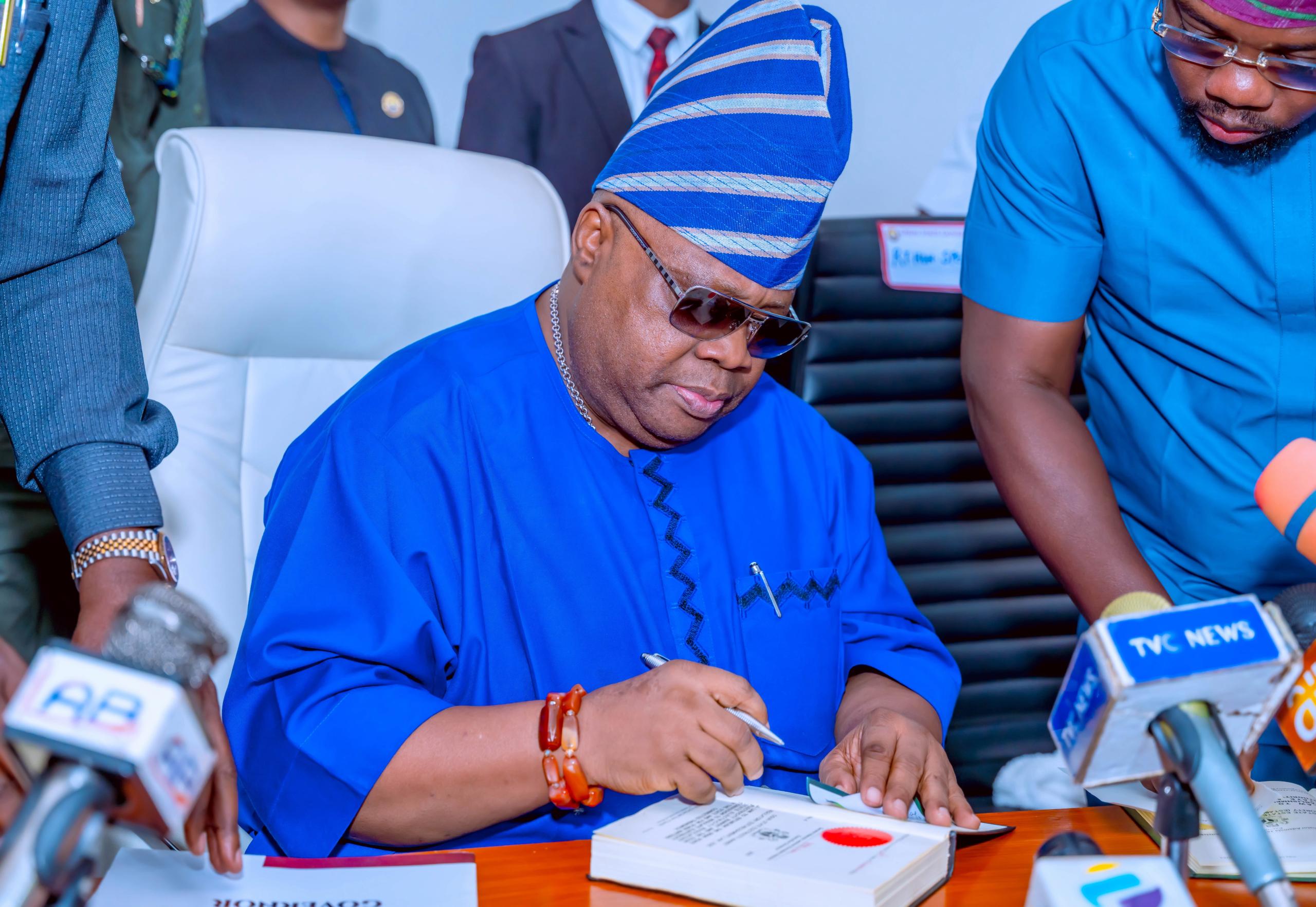
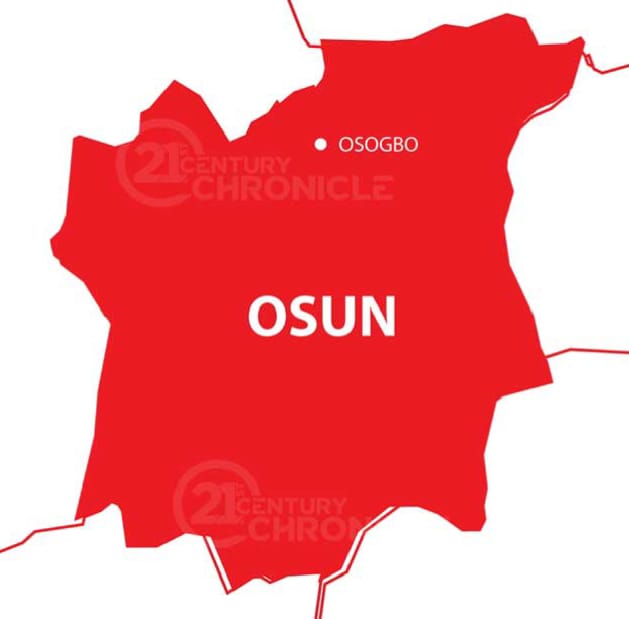
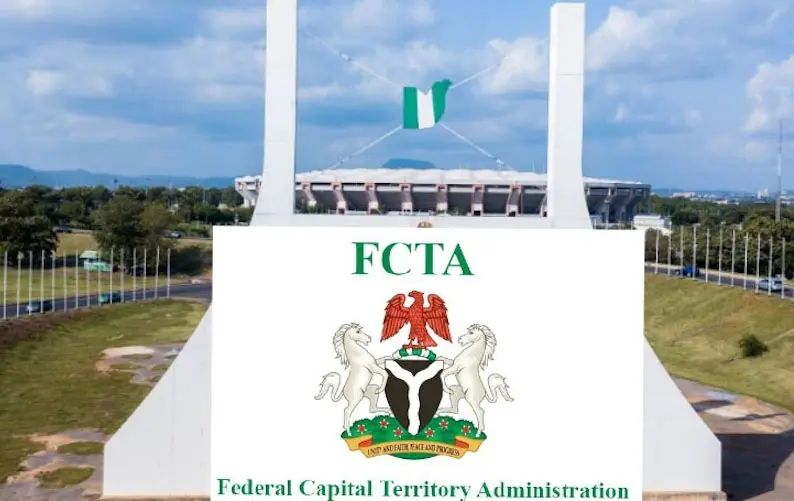

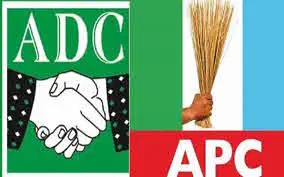








Post Comment